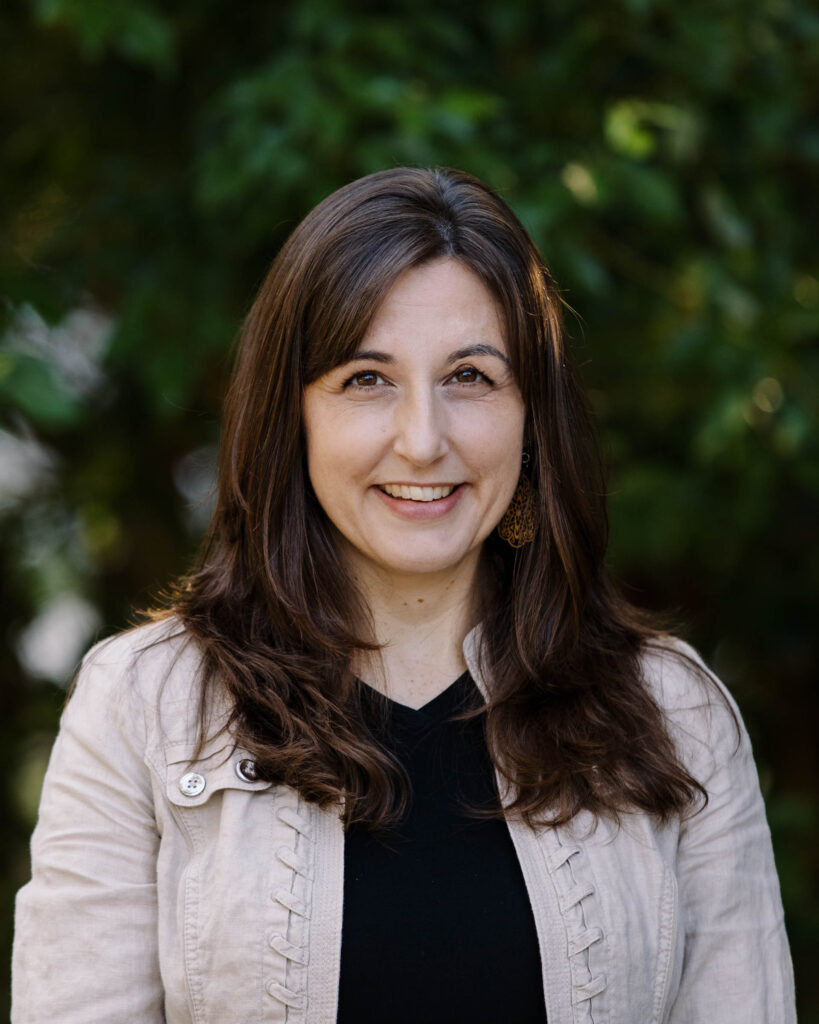Last week, flames engulfed our church building. Seeking solace, I reached out to friends and family for prayer. My friends were sympathetic, indeed, but like those watching news reports of disasters from afar, empathy was harder. Who did I know whose home had burned? God provided comfort and wisdom through a woman who lived nearly four centuries before me. Anne Bradstreet, a Puritan poet, wrote “Verses Upon the Burning of Our House, July 10th, 1666.” As her cries to her own heart (“and did thy wealth on earth abide?”) became wisdom for my own, I realized that I had entered The Great Conversation.
Classical Christian educators speak often of the importance of the Great Conversation. As Rose Horowitch recently wrote in The Atlantic, excerpts that teach measurable comprehension and analytical skills have largely replaced books in most high schools, but losing the ability to read books is perhaps not as concerning as the loss of empathy, self-reflection, and truth that they can bestow. It is one thing to be told to resist temptation; it is another to weep for Jane Eyre. It is one thing to know the outcomes of Roman battles; it is another to marvel at the virtue of Cincinnatus. What wealth of wisdom do we abandon when we neglect to listen to those who came before us? In The Liberal Arts Tradition, authors Clark and Jain share that “the literature we select for our students is not merely there for enjoyment (though it should be enjoyable), nor is it merely to provide models of good writing (though it should do that as well). Our readings should direct our students’ gaze toward piety, wisdom, and virtue, and spur them along the way.”
The disciples asked Jesus why he spoke in parables. Why tell stories of the prodigal son, the elder brother, the good Samaritan, and the searching shepherd? Stories and symbols speak to our souls. Why compose a poem rather than a ledger entry? Speaking to the power of beauty, Clark and Jain write, “Like the art of the winemaker transforms the juice of grapes to a fine wine, the arts of the beautiful transform the knowledge of the truth and service of the good into captivating and glorious works of art.” Let us be captivated by the true, the good, and the beautiful, conversing with our elders as we love what lasts.

A valued member of our community, Mrs. Jennifer Drury is both a founding and current teacher in the upper school at Christ Classical Academy. She has taught everything from math to literature, 2nd grade to 9th grade over the past 20 years, homeschool and in the classroom.